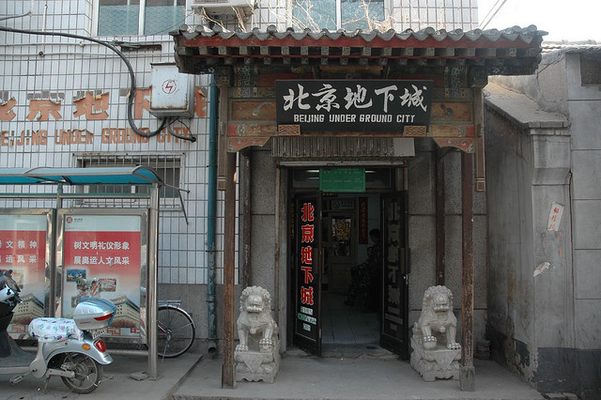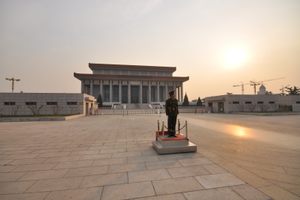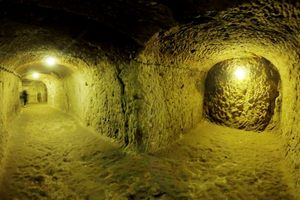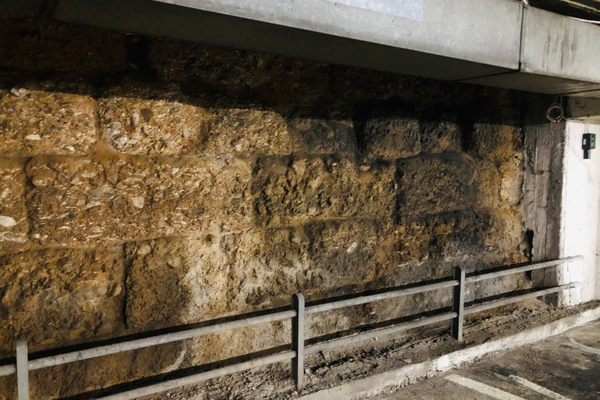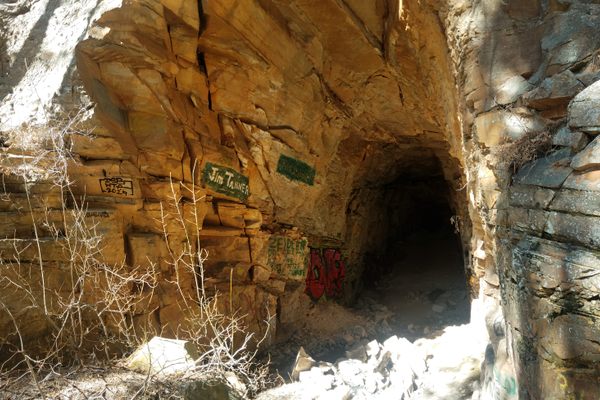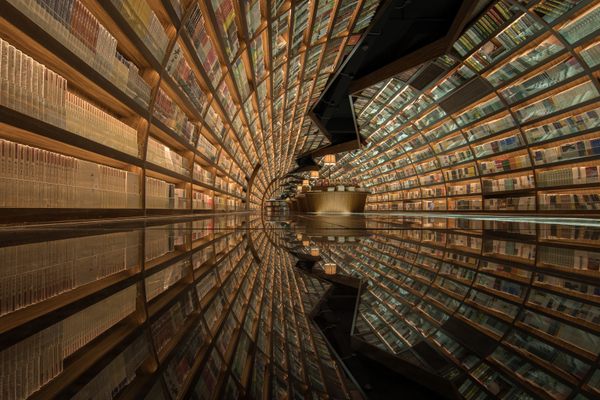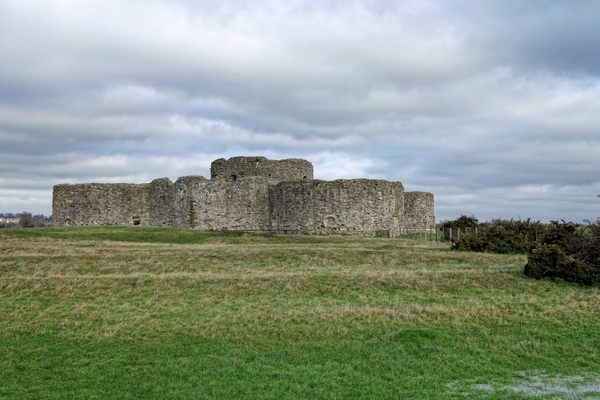About
A creation of nuclear paranoia, Beijing's Underground City Dixia Cheng is a cornucopia of arched, hospital-white corridors full of debris, empty iron bed frames, rotting vegetables and curious visitors.
The subterranean world of Dixia Cheng consists of a network of tunnels and chambers under Beijing that stretches across 33 square miles of underground catacombs. Also named the “Underground Great Wall” for its vastness and military purpose, the tunnel complex was dug by hand by local citizens throughout the 1970s to serve as a shelter during invasions, air raids, or nuclear attacks. At the height of its readiness, there were more than 90 entrances to the underground corridors which were hidden in the backs of homes and businesses.
Civilians seeking shelter from Soviet bombardments in the underground complex would have been safe from boredom as well as bombs. Classrooms were constructed for the children living in the underground city, and recreational amenities like a movie theater, barber shops, restaurants, and a roller skating rink were all awaiting a potential flood of refugees. Chambers in auxiliary tunnels held grain, weapons, and other supplies. The underground city also held sites for growing sunless crops like mushrooms and areas prepared for well drilling.
Luckily, the massive bomb shelter was never used for its intended purpose, and its existence faded into obscurity until portions of the tunnels were opened as a tourist attraction in 2000. Most of the complex is still shut off with just a mere fraction of the corridors open to tours; however, a number of businesses have set up shop in the open areas.
The official tour takes visitors along only on a small circular stretch of the Underground City, along which a portrait of Mao Zedong can be seen amidst murals of locals volunteering to dig the tunnels accompanied by dreary, fading slogans such as "Dig deep, store grain, don't claim to be an emperor." and "For the People: Prepare for War, Prepare for Famine."
Dixia Cheng has been closed for renovations since 2008, but when it finally reopens visitors will once again be able to take shelter from their standard Beijing tourist spots inside this honeycomb of Communist paranoia.
Update: As of 2017 it is still closed and unlikely to open any time soon.
Related Tags
Community Contributors
Added By
Published
October 31, 2013
Sources
- http://china.org.cn/english/travel/125961.htm
- http://www.vice.com/en_uk/read/chairman-maos-underground-city
- http://travel.cnn.com/explorations/life/tv/beijings-secret-subterranean-city-508555
- http://www.environmentalgraffiti.com/art-and-design/news-beijings-underground-city?image=4
- http://geography.howstuffworks.com/asia/beijing-underground-city1.htm
- http://en.wikipedia.org/wiki/Underground_City_(Beijing)
- https://www.google.se/maps/place/Underground+City/@39.898757,116.4019167,15z/data=!4m5!3m4!1s0x0:0x5a07df025188ea56!8m2!3d39.898757!4d116.4019167
